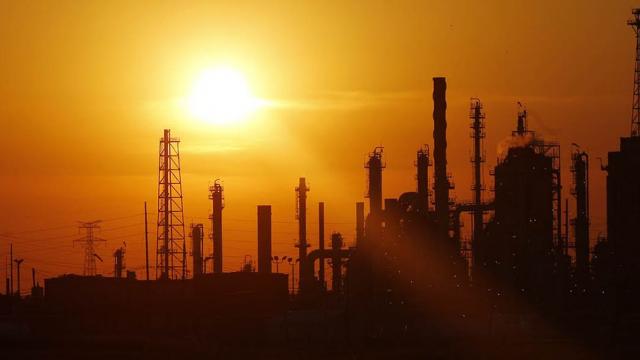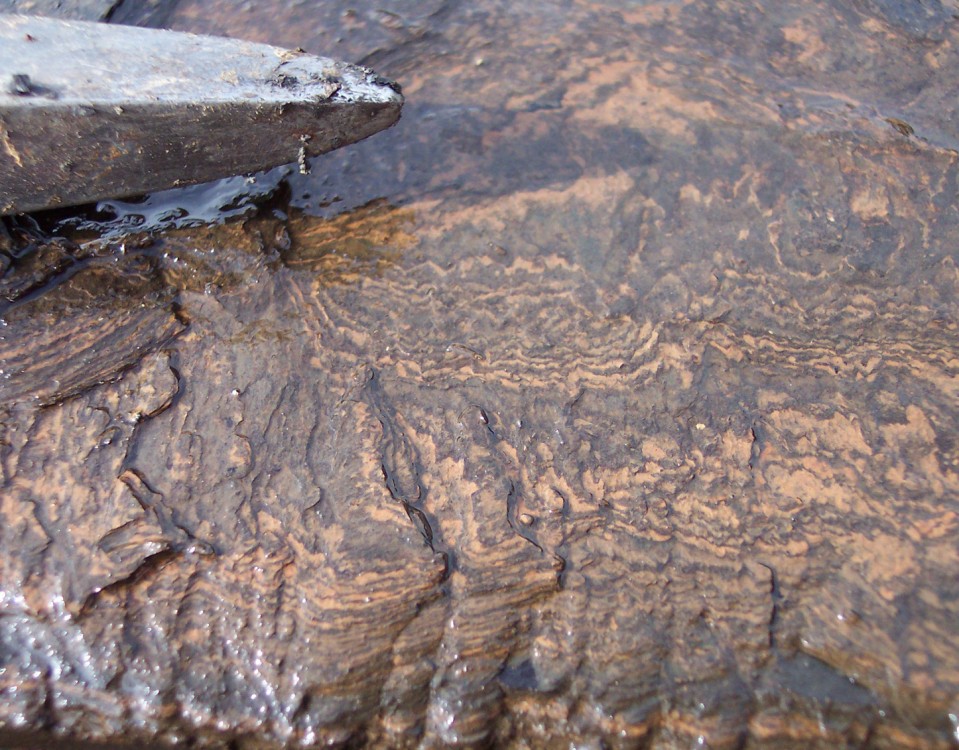
BNP Paribas SA pledged to stop financing shale and oil sands projects, expanding earlier commitments in support of global efforts to tackle climate change.
France’s largest bank will no longer do business with companies whose main activity stems from oil and natural gas obtained from shale or oil sands, it said in a statement last week. The policy covers companies involved in activities ranging from exploration to marketing and trading. The company also won’t fund oil or gas projects in the Arctic region.
BNP Paribas said it’s committed to bringing its financing and investment activities in line with international efforts to keep global warming below 2 degrees Celsius by the end of the century. Achieving that goal relies on reducing the world’s dependence on fossil fuels, starting with energy from shale and oil sands, the bank said.
Echoing environmentalists on a disputed subject, the bank said the extraction of fuel from these sources emits high levels of greenhouse gases and harms the environment in other ways. BNP Paribas may be the first large bank to blacklist shale oil, which has enabled the U.S. to curb oil imports and pushed down energy prices.
The lender’s financing for tar sands, Arctic oil and other carbon-intensive fuels totaled $1.94 billion last year, ranking it 17th among international banks, according to a report by the Rainforest Action Network and other environmental groups. That’s down from $3.74 billion in 2014. A BNP Paribas spokeswoman said she was unable to confirm the numbers.
Coal Power
Once a global leader in oil financing, BNP has withdrawn from funding coal mines and coal-fired power plants in recent years, along with other big European banks including Societe Generale SA, HSBC Holdings Plc and Credit Agricole SA. Energy excluding electricity represented 4 percent of BNP’s total lending commitments, down from 6 percent in mid-2015, according to its filings.
“Our role is to help drive the energy transition,” Chief Executive Officer Jean-Laurent Bonnafe said in the statement. “We’re a long-standing partner to the energy sector and we’re determined to support the transition to a more sustainable world.”
“In concrete terms, these decisions mean that we will cease providing finance to a number of companies and organizations that are not making an effort to be part of the transition to a less greenhouse gas-emitting economy,” Bonnafe elaborated in an article posted on his LinkedIn account. “Going forward, we will agree to finance only those energy sector companies that are pursuing a policy of diversifying their energy sources.”
Shale Surge
U.S. oil and gas output has surged over the past six years as drillers unlocked oil trapped in shale formations, partly by injecting water, sand and chemicals under high pressure to crack open reservoirs. Banned in France, the process known as hydraulic fracturing – or fracking – has been at the center of controversies about contaminating water sources and causing earthquakes.
Meanwhile, investor sentiment toward oil sands – a heavy crude that is capital intensive to extract – has soured as prices halved from more than $100 a barrel over the past three years, with Royal Dutch Shell Plc selling out of its oil sands assets in Canada.
Last year, BNP decided to halt further development of its reserve-based lending business, the key avenue for financing shale companies. In 2012 the bank sold its reserve-based lending activities in the U.S. and Canada to Wells Fargo & Co., including $9.5 billion of loans.
BNP also repeated its target for 15 billion euros ($17.7 billion) in financing for renewable energy projects by 2020 and 100 million euros of investment in startups in areas such as power storage and efficiency.
“This is definitely a pioneering policy among global banks,” said Jason Opena Disterhoft, a senior campaigner with Rainforest Action Network. “It’s a sign of things to come.”
3 WAYS TO SHOW YOUR SUPPORT
- Log in to post comments
















